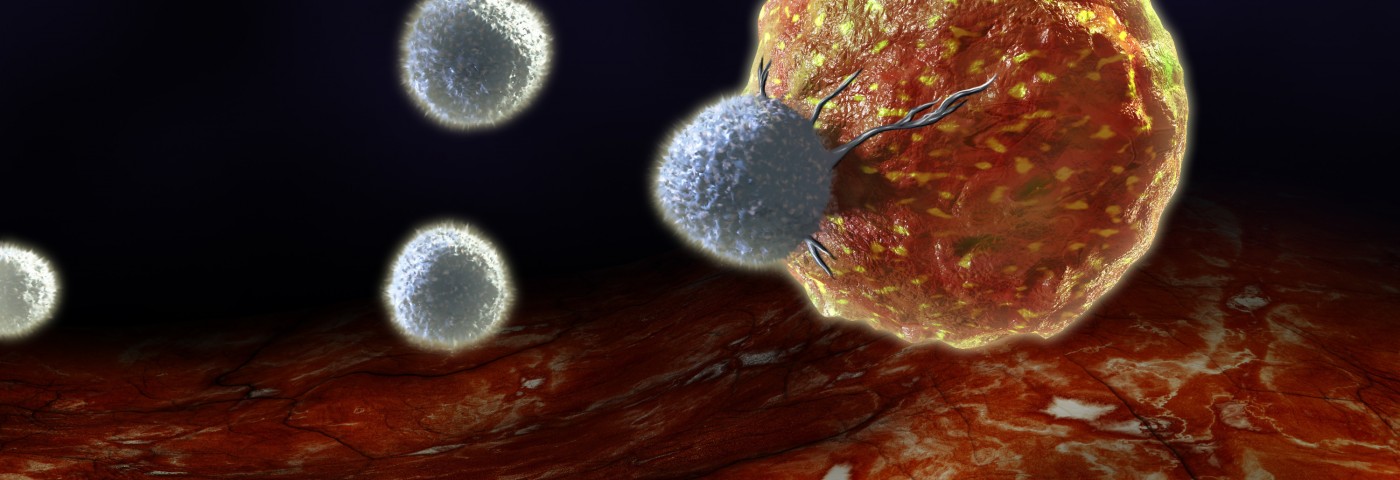miRagen Therapeutics, Inc., announced that it has started a Phase 1 clinical trial (NCT02580552) of its anti-cancer product candidate MRG-106, a synthetic microRNA antagonist (LNA antimiR) of microRNA-155.
The trial’s primary endpoint is to assess the tolerability and safety of MRG-106 in patients with cutaneous T-cell lymphoma (CTCL), mycosis fungoides subtype. The study is currently recruiting patients.
MRG-106 is an inhibitor of miR-155, a molecule found at high levels in malignant T-cells of many patients with this specific lymphoma subtype, which in humans is encoded by the MIR155 host gene. MiR-155 plays a role in various physiological and pathological processes, and may enhance the progression and survival of these cancer cells.
“MiR-155 is pathologically increased in many forms of lymphoma, including cutaneous T-cell lymphoma (CTCL) and diffuse large B-cell lymphoma (DLBCL),” David Rodman, executive vice president, R&D at miRagen, said in a press release. “In our laboratory tests, MRG-106 enters lymphoma cells and induces programmed cell death through inhibition of microRNA-155, and although our first-in-human trial is designed to assess safety, tolerability and pharmacokinetics, we will also explore the molecular signature of MRG-106 in the lesions of these MF patients.”
In Part A of the trial, MRG-106 will be examined by injection directly into CTCL skin lesions. In Part B, MRG-106 will be administered by subcutaneous injection. Other trial objectives include measuring the absorption and clearance of MRG-106 from the blood, and understanding the response of cells in CTCL skin lesions when exposed to MRG-106.
“This is the first clinical trial in lymphoma patients of an antimiR that targets a well-known oncogenic microRNA,” said William S. Marshall, president and chief executive officer of miRagen. “We believe this trial of MRG-106 will advance a mechanistically important, potential new therapy for lymphoma patients and is an example of miRagen’s focus on developing innovative product candidates for diseases where there is a significant unmet medical need.”
CTCL is a rare form of lymphoma of T-cell origin that affects the skin. The most common type of CTCL is called mycosis fungoides (MF) and the systemic stage of MF, Sézary syndrome. Skin manifestations of the disease include patches, plaques, tumors, and erythroderma (inflammation and redness of the skin). Indolent CTCL is often confined to the skin and can be treated effectively. Aggressive forms can extend beyond the skin to the lymph nodes, blood, and internal organs.
More information on this clinical trial, taking place at sites across the U.S., is available through this link.


